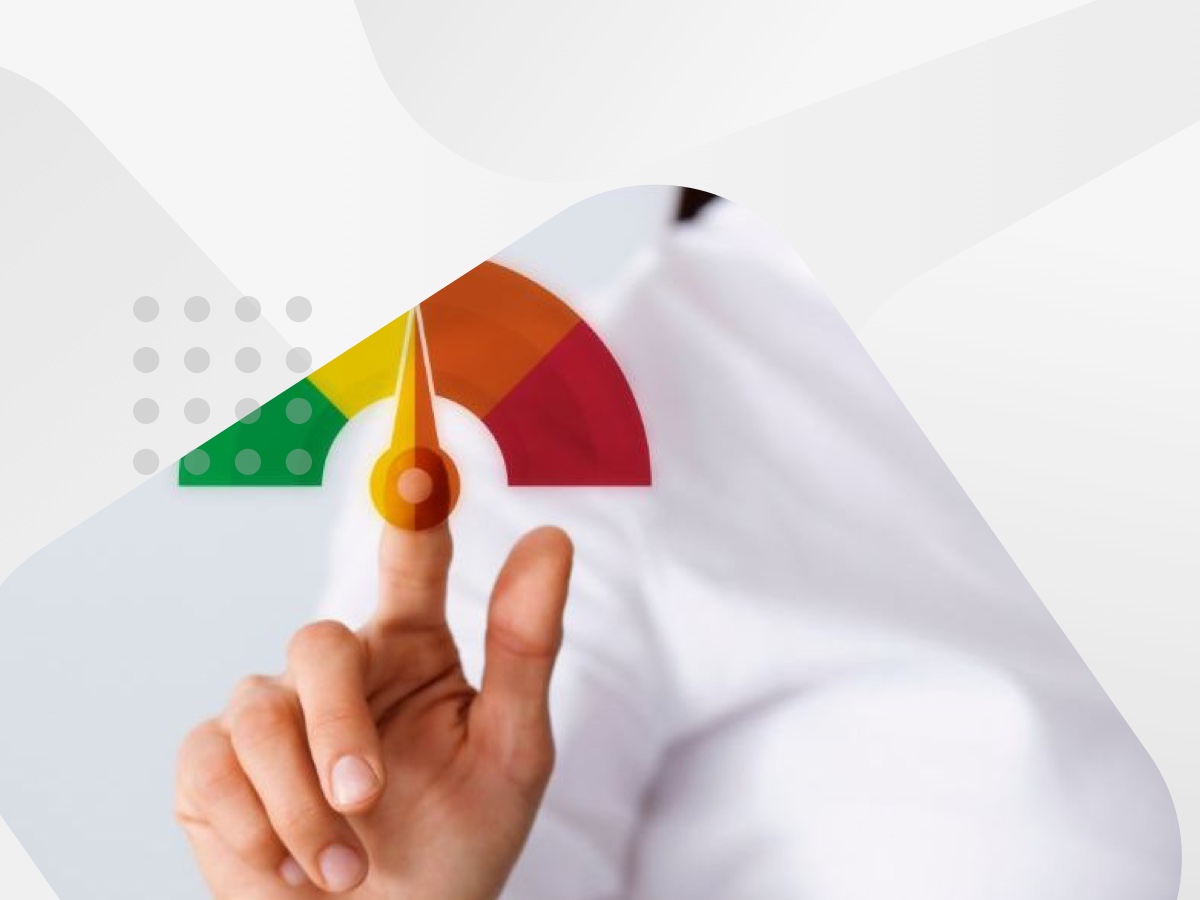
Credit reporting is a fundamental component of credit approval, management and risk assessment for businesses and individuals alike. Within Australia, there are three different bureaus providing credit reporting for individuals, each generating a score detailing your creditworthiness and capacity for further borrowings. This is different to the credit reporting on businesses that CreditorWatch does. So, who are these consumer credit reporting bodies and what exactly do they do?
Commercial credit reporting bureaus versus consumer credit reporting bureaus in Australia
The three main consumer credit reporting bureaus are each multinational, non-governmental bodies that collect data from lenders concerning your personal history as an individual borrower. Such lenders may include the providers of loans, mortgages, credit cards, and other credit lines. Additionally, these bureaus may collect further relevant personal information as allowed by national law.
An Australian commercial credit reporting bureau such as CreditorWatch, only provides detailed credit reports and risk scores for, and on behalf of, Australian businesses. B2B credit rating agencies are an integral component of a company’s proactive debtor management strategy.
What does a consumer credit reporting bureau do?
Every time you enter into a personal debt arrangement as a borrower, you must assume that your payment behaviour will affect your future ability to secure credit. This is because the data is likely being shared with at least one of the three credit bureaus in Australia: Equifax, Experian and Illion (formerly known as Dun and Bradstreet). When a future creditor makes an inquiry, these multinationals will provide detailed credit reports that illustrate your level of risk and inform the final credit score that they allocate you.
Who are the three consumer credit bureaus in Australia? Experian vs Equifax vs Illion
Equifax – Founded in 1899, in Atlanta, USA, Equifax now has over 10,000 employees worldwide across 24 countries and is traded on the New York Stock Exchange (NYSE). Scores range from 0-1200, with 800-1200 forming the ‘excellent’ band.
Experian – Founded in 1996 and headquartered in Dublin, Ireland, Experian is publicly traded on the London Stock Exchange and has recorded recent annual revenue totalling over $5 billion (2020). It now operates in 37 countries, aggregating data on over one billion businesses and consumers. Scores range from 0-1000, with 800-1000 forming the ‘excellent’ band.
Illion – Formerly known as Dun and Bradstreet, the Australian and New Zealand credit reporting operations were divested in 2015 and it rebranded as Illion in 2018. With a base of over 1.4 million consumers and 15,000 corporate customers, it is privately owned by Australian firm Archer Capital. Scores range from 0-1000, with 800-1000 forming the ‘excellent’ band.
What is a credit score?
Officially speaking, your credit score is a numerical representation of your creditworthiness. You will have three credit scores, each likely to be different. Each bureau will independently determine a credit report and score for the individual in question. There is no collaboration, and the methods, algorithms and scales used can vary. For example, Equifax scores individuals between 0-1200, whereas both Illion and Experian score 0-1000. Additionally, some lenders only report borrower information to particular bureaus, not all three, resulting in vastly different debtor profiles from one to the other.
Each bureau will classify you into a band of risk accordingly, ranging from ‘below average’ (‘low’ for Illion), to ‘average’ (‘fair’ for Illion), to ‘good’ (‘average’ for Illion), to ‘very good’, to ‘excellent’.
As a rule of thumb, the more diligent you are with all your repayments, or the longer you have credit products, the higher your credit score will be with each bureau. The higher your score, the less risky you are as a creditor – generally speaking. Lenders will use the credit reference information provided to inform their decision to approve further debt.
The data used to inform your score with these agencies is extensive, and may include:
- Credit account information, including name and address, account names, balances etc.
- Addresses linked to your name
- Repayment history
- Potential aliases
- A record of each time a company has previously searched your credit report
- Electoral roll registration details
- Personal bankruptcy details
- Any financial associates linked to you
- Public information, detailing any public orders you may have against you
- Rental information that is shared by landlords, letting agents etc.
As with any company operating within Australia, all three of these bureaus are subject to regulation under Australian Law, including compliance with The Privacy Act (1998). This determines what exactly can be collected, and for how long it can lawfully be held. Some information, such as name or gender, will stay permanently on your report. You cannot opt-out of your credit history, although you can contact the bureaus if you believe any information to be incorrect. Serious infringements may be on the report for up to seven years from the listing date, whereas other payment history events may only appear for two years from the listing date.
Any mishandling of data or claims of malpractice would be investigated by the appropriate body, whether the police, Australian Securities and Investments Commission (ASIC), Australian Transaction Reports and Analysis Centre (AUSTRAC) or any other relevant organisation.
Who can access my credit report?
If you have not requested your own credit file over the previous three months, you are entitled to be sent a free copy. Each credit reporting bureau must comply within 10 days of the request. Accessing your own credit file report is known as a ‘soft inquiry’ and will not affect the score.
By contrast, any time you apply for a new line of credit, there will be a ‘hard inquiry’ of your credit file from the lender. If multiple credit applications are rejected, especially within a short space of time, your credit score may be negatively affected. It is important to ensure that you are eligible for all new lines of credit that you apply for in order to prevent this.
Lenders that can access your credit report include banks, personal loan providers, telecoms, utility companies and other creditors.
Credit Reports for business
Developing a deep understanding of the risk profile of entities you trade with as a business is only a few simple clicks away. Credit checking companies is an intuitive step in a proactive debtor management strategy.
If you’re seeking to credit check partner businesses, then the suite of reporting tools from CreditorWatch will provide you with all of the creditworthiness information you need. Drawing from extensive sub-categories of data, our risk analysis leverages machine-learning technology to deliver key insights.
Empower your decision-making by signing up for a free trial today.

Get started with CreditorWatch today
Take your credit management to the next level with a 14-day free trial.

